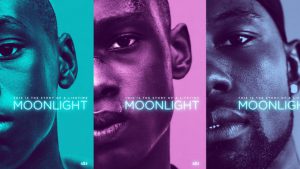Eugene Lee: Production Designer for SNL
Posted on January 10, 2017 at 4:01 pm
Eugene Lee has designed sets for “Saturday Night Live’ since the very beginning in 1975. He spoke to the UK’s Creative Review about creating the look of the sketches and how technology and expectations have changed in 41 years.
Lee says the SNL team has just four days to prepare the show and construct sets. Every Wednesday, he takes the train from Rhode Island (where he lives) to New York (where the show is broadcast) and spends the afternoon reading through scripts submitted by writers. Once the producers have decided which scripts they’d like to use, Lee and his team will work with the writers and actors to devise each set.
“We go and talk to the writers and actors and try to work out what they see in the set,” he explains. “If the script says there’s a restaurant, we’ll say, ‘what kind of restaurant? Is it high class? Is it elegant? Does it have red chequered tablecloths?’…. SNL is best when there’s great writing – if a sketch doesn’t have that, then it’s a fail – so we listen to the writers and they tell us what they think.




